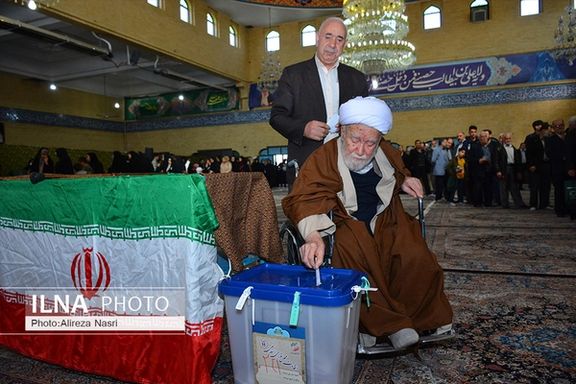Low Turnout Expected In Upcoming Iran Elections

Mohsen Hashemi, the son of former Iranian President Akbar Hashemi Rafsanjani, has noted the expected voter apathy in the upcoming Iranian elections.

Mohsen Hashemi, the son of former Iranian President Akbar Hashemi Rafsanjani, has noted the expected voter apathy in the upcoming Iranian elections.
While claiming that moderate reformists advocate for lively elections, Hashemi expressed concerns about the prevailing supervisory atmosphere hindering vibrancy.
He emphasized the importance of the Guardian Council avoiding obstructive actions to ensure the elections are dynamic and representative.
Anticipation of a low turnout in Iran's March elections has heightened concerns, particularly after the disqualification of numerous candidates, including sitting lawmakers. Some disqualified candidates attribute the process to ultra-hardliners in President Ebrahim Raisi's administration and the interior ministry, accusing them of making arbitrary decisions.
Reports indicate that around 40,000 people registered as candidates for the 290 parliamentary seats, but the registration process was discreet, concealing candidates' identities. Prominent figures, including former Presidents Khatami, Ahmadinejad, and Rouhani, as well as former Majles Speakers Ali Akbar Nateq Nouri, Gholam Ali Haddad Adel, and Ali Larijani, who said they are not participating.
The ultraconservative Paydari Party, which currently dominates the Majles, appears content with the public's indifference, expecting an easy victory with many inexperienced lawmakers. Elections during the Islamic Republic have never been democratic for many reasons, but particularly for the fact that only candidates who agree with the principle of a religious state and clerical rule were allowed to run. However, increasingly requirements have become tighter, and only those loyal to hardliners have been able to compete.
According to Statista, during the presidential election of 2017, it is estimated that the voter turnout rate was about 48.8 percent.